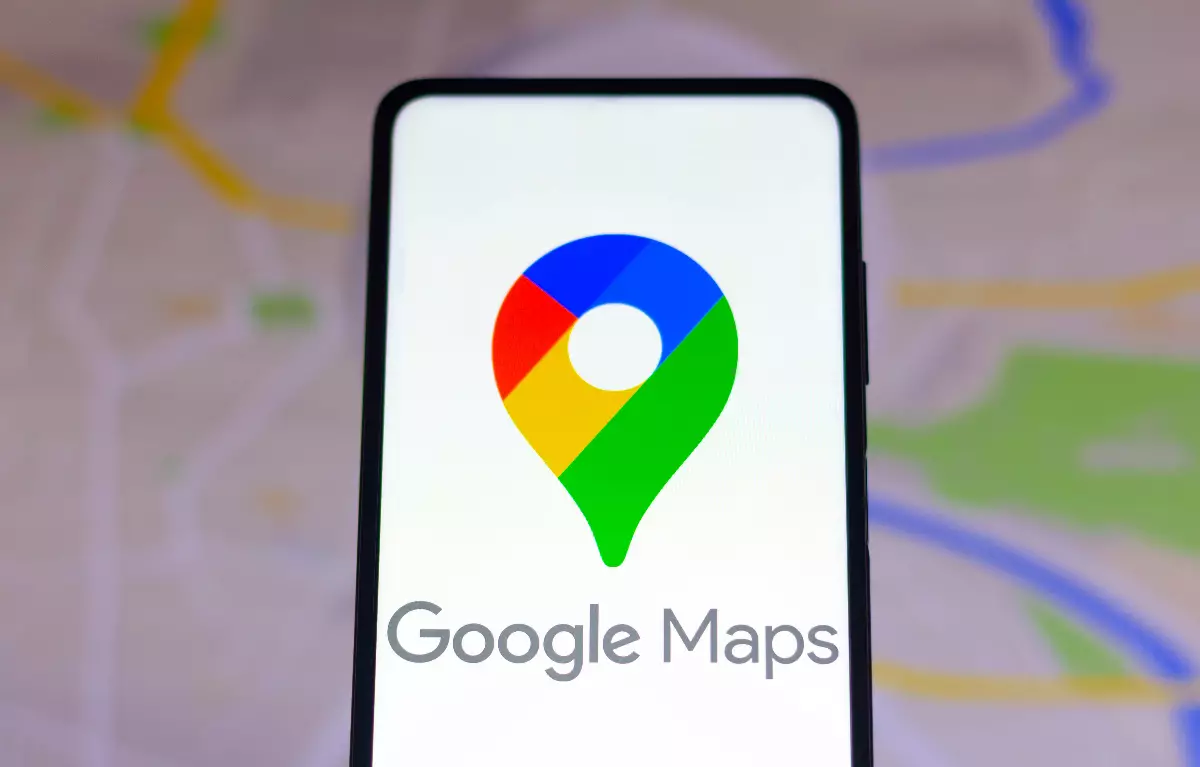As technology continues to evolve, so does the need for innovative solutions in our everyday lives. Google has consistently been at the forefront of this advancement, particularly with its navigation tool, Google Maps. Recently, the company announced a groundbreaking integration of artificial intelligence (AI) into its Maps service specifically tailored for users in India. These enhancements, aimed at improving user experience, include AI-generated summaries, enhanced search capabilities for experiences, and timely weather alerts, marking a significant shift in how information is retrieved and visualized by users.
With the introduction of AI-driven review summaries, Google Maps will be able to analyze reviews from different users and later present curated overviews of various locations. This feature aims to streamline the decision-making process for users who are often inundated with reviews and ratings. Instead of sifting through countless comments, users can now gain quick insights into places they are interested in visiting. By distilling feedback into concise summaries, the app enhances user convenience, allowing them to make informed choices faster, especially in a diverse market like India, where dining and entertainment options are abundant.
Furthermore, Google Maps is evolving beyond mere navigation. The newly introduced feature allows users to search for specific experiences, such as requesting recommendations for “unique picnic spots” or locating “themed birthday cakes.” This shift to experience-centric searches illustrates the growing consumer trend towards personalized engagement in digital spaces. By providing an image-first interface, Google aims to create an immersive browsing experience where users are first captivated by visuals—an effective strategy in an era inclined towards visual storytelling. The technology harnesses AI and image recognition, enabling a more intuitive way for users to interact with businesses and services.
Weather Alerts: Staying Safe on the Move
Another notable inclusion is the introduction of weather alerts, particularly in conditions where visibility may be compromised, such as foggy weather or flooded roads. Navigational safety is paramount, and this feature showcases Google’s commitment to providing not just a navigation tool, but a comprehensive safety network that empowers users with crucial information as they travel. Many users may find that this function bridges the gap between digital navigation and real-world occurrences, enhancing the practical utility of the app.
These updates place Google Maps in direct competition with platforms like Yelp, which has similarly introduced evolving features, such as summarized business insights in the U.S. market. However, Google’s focus on Indian user needs, with capabilities like better navigation of complex urban layouts, offers it a competitive edge in this growing sector. The gradual rollout of these features, scheduled to begin later this month, highlights Google’s intentions to create a deeply integrated and culturally relevant navigation experience.
As Google moves forward in refining its Maps application, the implications of these features extend far beyond simple navigation. By embracing AI functionality, experience-oriented capabilities, and proactive user safety alerts, Google is not only enhancing its service offerings but also reshaping how users interact with their surroundings. The future of navigation is not just about getting from point A to B; it is about enriching the journey—one intelligent feature at a time.

